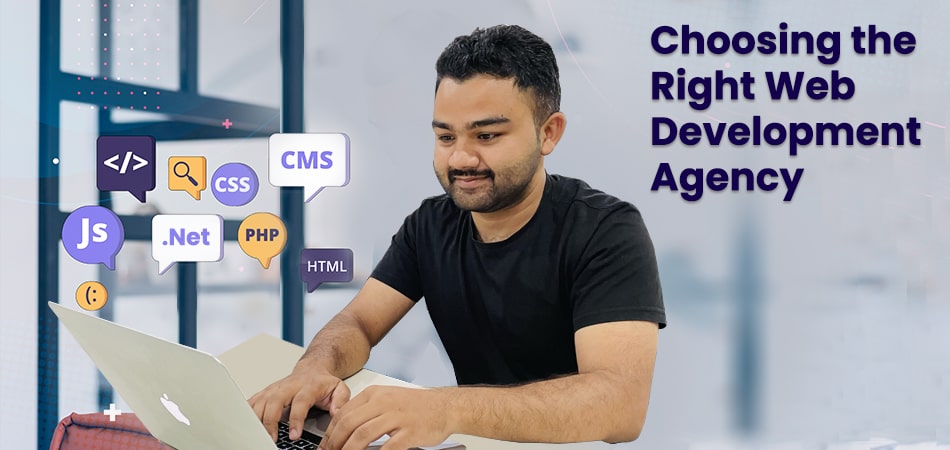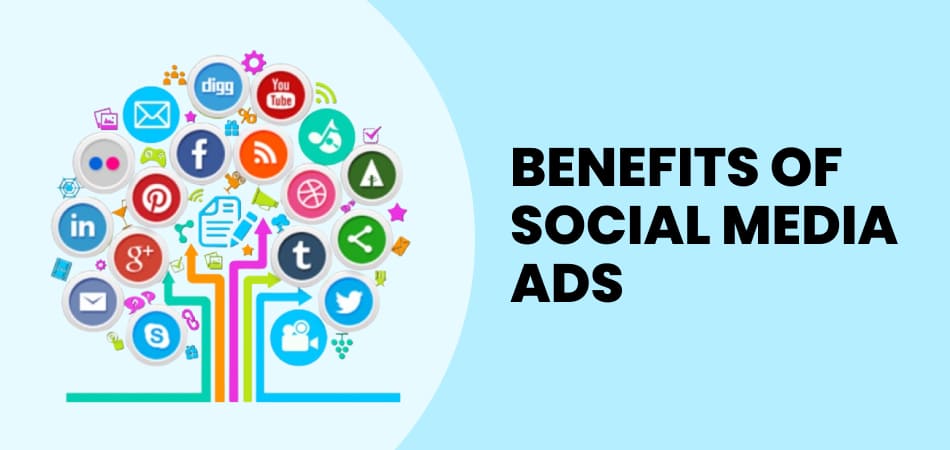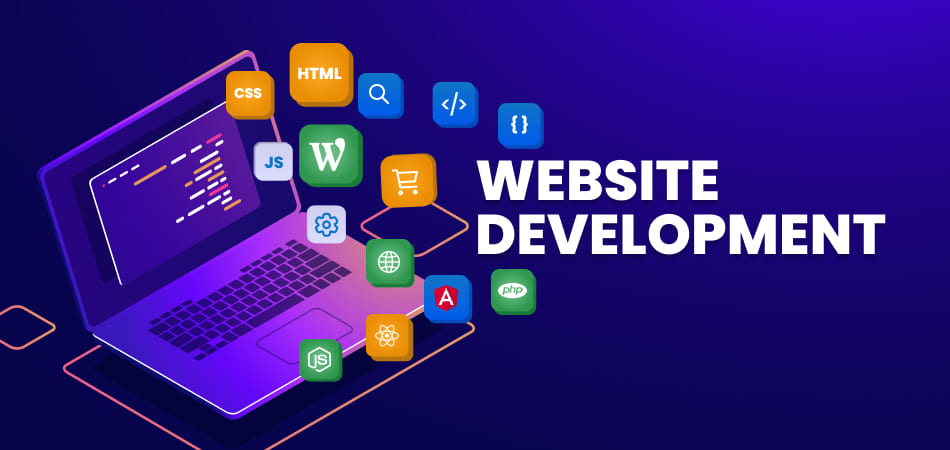Why does everyone have to choose the right web development agency? Your website is more than just an online presence—it’s at the heart of your brand. If you’re building an e-commerce site, rebranding, or launching a startup, choosing the right website development agency or IT company is crucial for your business success. Choose an agency they work With new technologies like voice search, AI, and headless CMS changing how people connect with online content, choosing an agency that fits your goals, budget, and future growth is key to success. But with so many agencies promising faster results and creativity, how do you know which agency is the right fit?
1. Define Your Business Goals and Website Requirements
A successful website starts with a well-defined plan and structure. Start by explaining the goal of your website, be it to support sales, create leads, act as a resource center, or power an online store. Consider your target audience and how they will interact with your content. Consider all the qualities you require, such as third-party API integrations, booking systems, or CRM integrations. Another way to create design and development preferences is to define user actions, like form submissions, purchases, and sign-ups. Giving more direct information will bring your project closer to business results.
2. Check Technical Expertise of the Agency
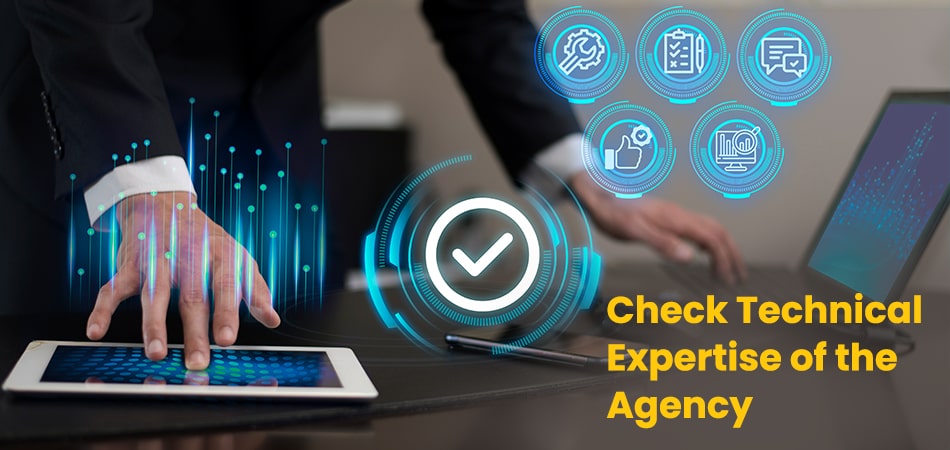
Web development or software engineering is just as important as design. Make sure the agency is knowledgeable about the technologies relevant to your project size before choosing them. A front end with high performance might require frameworks like React or Vue. Content management systems vary; projects may succeed on WordPress or Webflow, while others require a headless content management system (CMS). A technically capable agency will prioritize responsive design, semantic coding, faster loading times, and scalable frameworks using cloud platforms such as AWS or Netlify, etc.
3. Check the Agency’s Portfolio and Past Work
Before you choose the right web development agency, it’s important to look at their past work to see what they can do.
Krishna Innovation has worked on many different projects for various industries. Here are some examples:
- Lanmall AI—Created a smart learning system using artificial intelligence.
- VideoInterview—Made a video platform to make hiring people easier.
- TrackEm—Built a system to help track and manage projects better.
- Fly Taxis—Developed a mobile app for easy taxi booking.
- Warehouse—Made an app that helps run warehouses smoothly.
- Ask Mom—Created a tool to give personalized advice using APIs.
- Digital Tattoo—Built a digital platform for a tattoo studio.
These projects show how Krishna Innovation makes custom solutions for different businesses, like education, healthcare, transport, and retail.
Technology We Use
Krishna Innovation uses the latest tools and technology to build websites and apps.
- Frontend (What you see): React.js, Angular, Vue.js
- Backend (How it works): Node.js, Python (Django/Flask), PHP (Laravel)
- Mobile Apps: Flutter, React Native, Swift, Kotlin
- Databases: MongoDB, PostgreSQL, MySQL
- Content Management Systems (CMS): WordPress, Strapi, Headless CMS
- Cloud & DevOps: AWS, Docker, Kubernetes, GitLab CI/CD
4. Read Verified Reviews and Client Testimonials
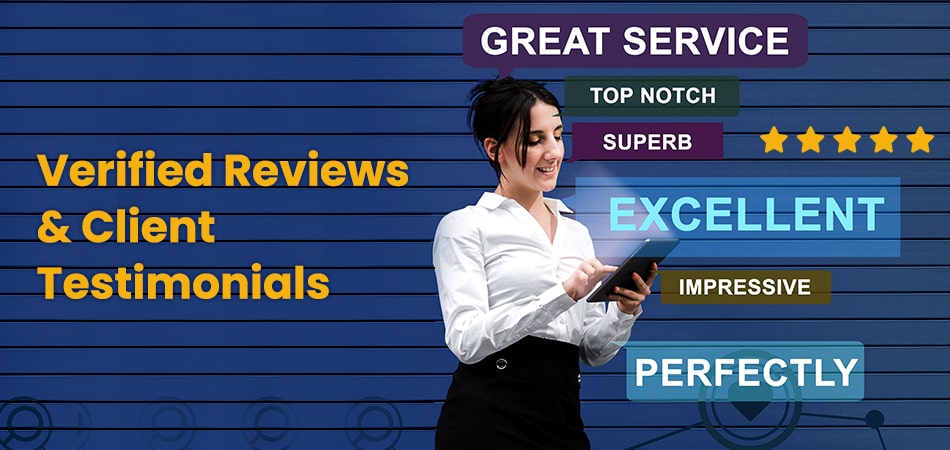
Before choosing a web development agency, check its reputation. Take some time to read reviews of the company and what their clients say about them. These often include detailed breakdowns of client experiences. You can also ask for direct references. Speaking with past clients can give you more honest insight and information into what it’s like to work together with our agency across planning, execution, and post-launch support.
5. Ask the Right Questions in Meetings
You have an opportunity to judge professionalism and compatibility during the meeting. During this time, ask about their project development process, how they manage timelines and milestones of a project, and what tools they use for communication and task tracking. Learn who will be on your project team and how they will handle content population, CMS training, and performance testing. Post-launch support, which can range from bug fixes to updates, is something to inquire about. Agencies that are transparent, detail-oriented, and proactive in these discussions are more likely to deliver a smooth, effective project.
6. Watch for Red Flags
Some organizations are not as capable as they say they are. If you notice unclear proposals and incorrect project scopes or a lack of timeline. Inexperience or unfamiliarity with modern web standards will be demonstrated by a small or outdated portfolio and few or questionable testimonials. Communication is another important factor, and it’s best to move on if they don’t understand your needs or respond slowly, or use generic language, or use ready-made templates. Reputable agencies respect your long-term objectives, provide clear contracts, and are honest about limitations.
7. Evaluate Ongoing Support and Maintenance Services
Launching a website is just the beginning. Every website needs regular maintenance, from security patches and technical assistance to performance optimization. Ask about the company’s post-launch services, such as time-to-time monitoring, plugin updates, search engine optimization audits, and content updates. A strong maintenance plan should include regular backups, bug fixes, and SLA-based response times. Make sure their services meet the needs of your team and the nature of your website, regardless of whether they provide monthly retainers or on-demand support.
8. Compare Using a Web Agency Selection Checklist
A structured assessment can help you decide what to do once you have narrowed down your shortlist of applicants. Make a checklist with requirements for things like team experience, design and development skills, industry experience, SEO awareness, and openness in communication. Look for organizations that provide long-term assistance, exhibit thought leadership, and produce quantifiable results. This framework ensures you choose a partner who is not only impacted by visually appealing designs but also adds technical and strategic value.
Frequently Asked Questions (FAQs)
1. How much does a custom website cost in 2025?
The price of building a custom website in 2025 is between $5,000 and $50,000. The cost varies depending on the complexity of the website, its design, and the particular features you require.
2. How long does it take to build a website?
8 to 12 weeks is the time it takes to build a standard website. Major projects take 4 to 6 months, depending on the size.
3. Is website security important?
Yes, features such as SSL certificates and periodic updates are crucial for safeguarding your website against threats.
4. What is the distinction between static and dynamic websites?
Static websites contain permanent content, whereas dynamic websites present changing content according to user activity.
Conclusion:
Choosing the right web development company in 2025 is a very important decision that impacts your brand and success. You also need a team that understands both strategy and execution. Define your goals clearly, investigate their technical skills, review their previous work, and ask smart questions throughout this process. This will balance your digital imagination with a skilled team.
